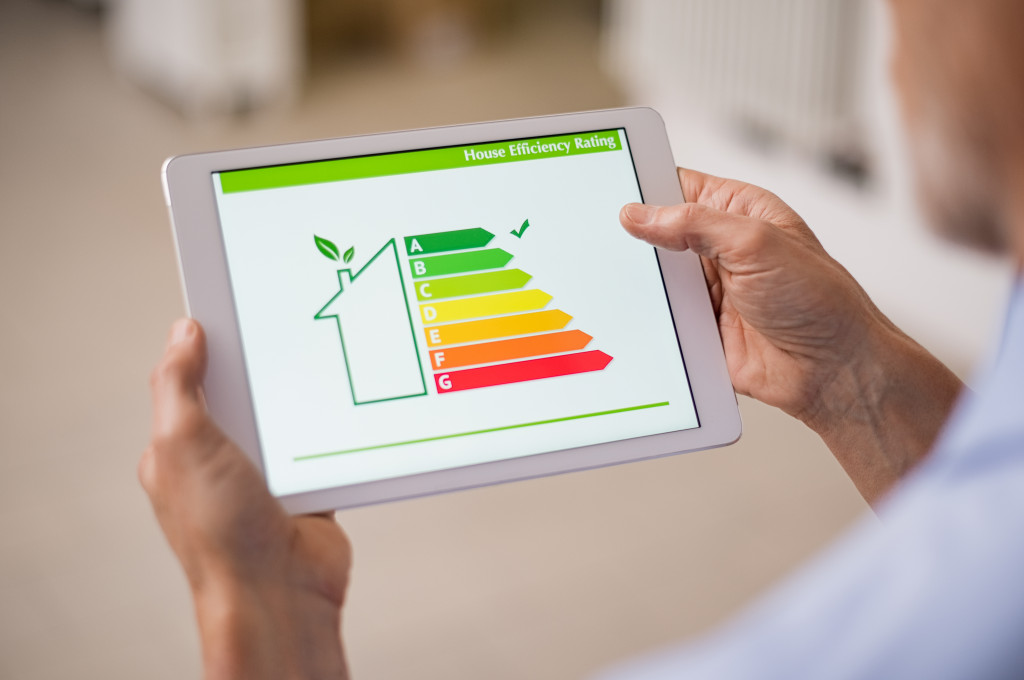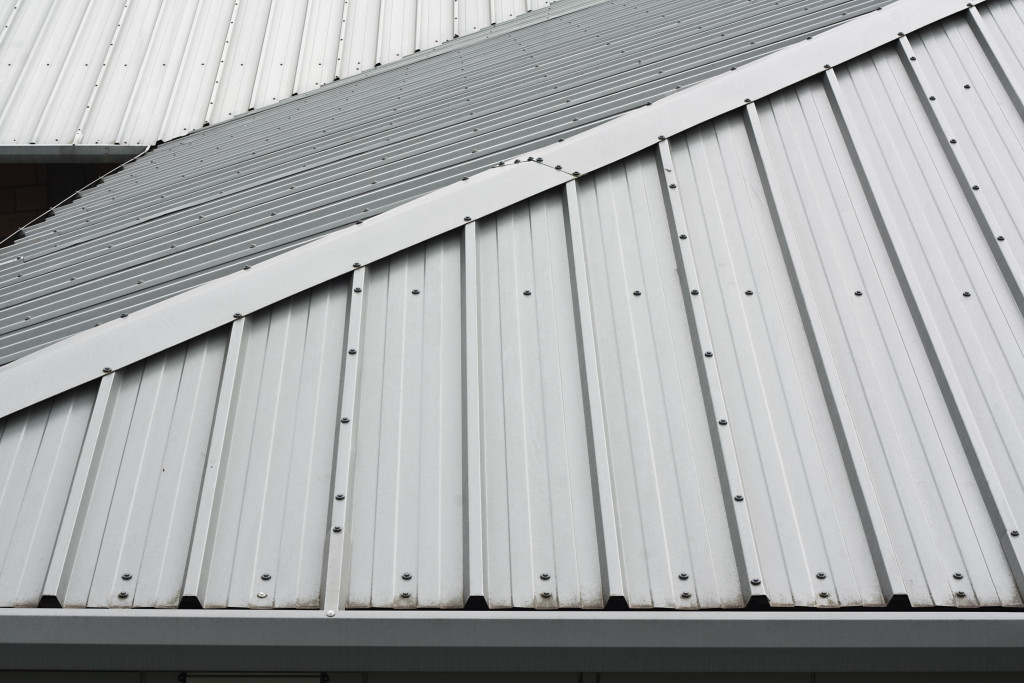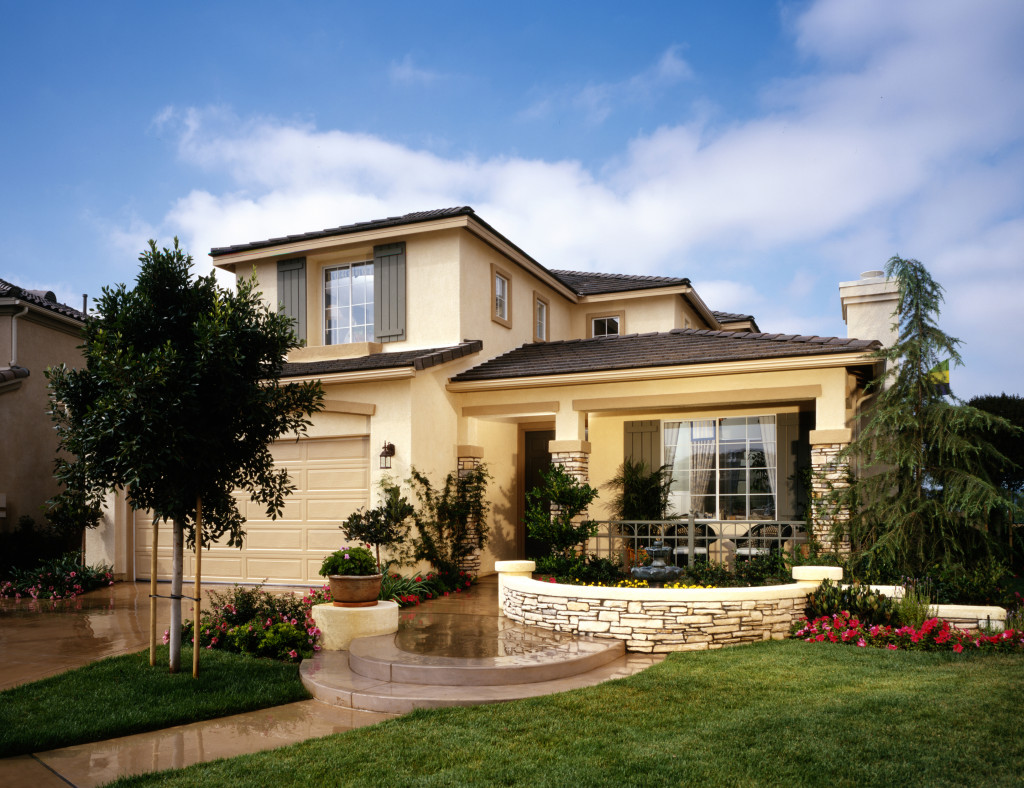• Homes can last long and should be built with sturdy materials to resist natural disasters.
• A durable home is energy-efficient, resulting in lower energy bills, and more environmentally friendly.
• Less maintenance and replacement parts are needed for a home built to last, saving money in the long run.
• Durable homes provide comfort and livability for your family through proper insulation, ventilation, and energy-efficient features.
• Investing in a durable home increases its resale value, making it an excellent investment for your family’s future.
As a mother, ensuring your family is safe and comfortable is a top priority. One of the ways to achieve this is by having a durable home. Your home should withstand any weather conditions and last for a long time. Not only will this give you peace of mind, but it will also save you money on home repairs and replacements.
Age of American Homes
It’s hard to say how long homes last. It’s estimated that about one-third of homes in the U.S. is estimated to be at least fifty years old. However, regardless of age, some homes are known to be more durable than others. Here are some factors contributing to how long your home will last.
Protection from Disaster
A durable home helps protect your family from natural disasters such as floods, earthquakes, and hurricanes. Homes built with sturdy materials and resistant to destruction are more likely to withstand these events and keep your family safe. Additionally, houses with storm shutters, reinforced roofs, and impact-resistant windows can prevent damage to your property and belongings.

Increased Energy Efficiency
A durable home is energy-efficient, so it can keep your family comfortable while using less energy. This translates to lower energy bills, making it cost-effective and environmentally friendly. Insulation, double-glazed windows, and superior building materials help promote energy efficiency in the home. Additionally, sustainable homes are more in demand, making it easier to sell your home later.
Reduced Maintenance and Repair Costs
A home built to last needs less maintenance and replacement parts, saving you money in the long run. High-quality building and construction techniques such as reinforced concrete, steel frames, and treated lumber can prevent structural damage, thus keeping repair costs low.
Enhanced Comfort and Livability
A durable home provides comfort and livability for your family. Proper insulation makes your home stay cool in summer and warm in winter, making it a comfortable and inviting space for your family. Durable homes also have high-quality ventilation that keeps the air quality fresh and removes moisture, reducing mold growth risk.
Increased Property Value
Investing in a durable home also increases your home’s resale value, making it a great investment for your family. Prospective buyers are attracted to a home that requires less maintenance and has energy-efficient features, which can translate to a higher market value. By investing in a durable home, you are not only securing your family’s future but also increasing the value of your property.
How to Make Your Home More Durable
Now you know the benefits of having a durable home, here are some tips on how to make your home last longer:

Metal Roofing
Wooden roofs tend to be the norm in homebuilding. However, metal roofing is becoming increasingly popular. Metal roofs are more resilient than wooden ones and can last up to 40 years with minimal maintenance required. Additionally, they have a higher wind resistance rating, meaning they’re better suited for areas prone to high winds. If you want to invest in metal roofing, hire local metal roof repair contractors to do repairs on your roof. This can help you save more money in the long run.
Install Impact-Resistant Windows and Doors
Installing impact-resistant windows and doors is an excellent investment in keeping your family and home safe during natural disasters. Impact-resistant windows and doors are designed to withstand high winds, flying debris, and intense storms. They’re made with sturdy materials like laminated glass, with a plastic layer inside to prevent shattering. When you install impact-resistant windows and doors, you’ll have peace of mind knowing that your family and home are protected during any weather condition.
Use Durable Materials
The materials used in constructing your home significantly affect its durability. Choose high-quality building materials that are durable, long-lasting, and low maintenance. For example, don’t skimp on roofing materials or siding quality. Consider using durable and weather-resistant metal roofs, and fiber cement siding, which resists moisture, pests, and fire. These materials withstand heavy rains, wind, snow, and extreme temperatures without showing wear and tear.
Insulate Your Home
Proper home insulation makes your home energy-efficient, comfortable, and durable. Insulation helps prevent heat loss in winter and heat gain in summer, reducing energy bills. It also keeps your home warm during winter and cool during summer, increasing its durability and lifespan. Insulation can also reduce noise, improve indoor air quality, and prevent the growth of mold and mildew.
Durable homes are essential for keeping your family safe and comfortable. By investing in the right materials, you can ensure your home is durable and long-lasting. A durable home can also increase its resale value, making it an excellent investment for your family’s future.

